Inside the Met Police crisis as new commissioner starts job under pressure
Britain’s most senior police officer takes post facing low public confidence in the force, writes Lizzie Dearden
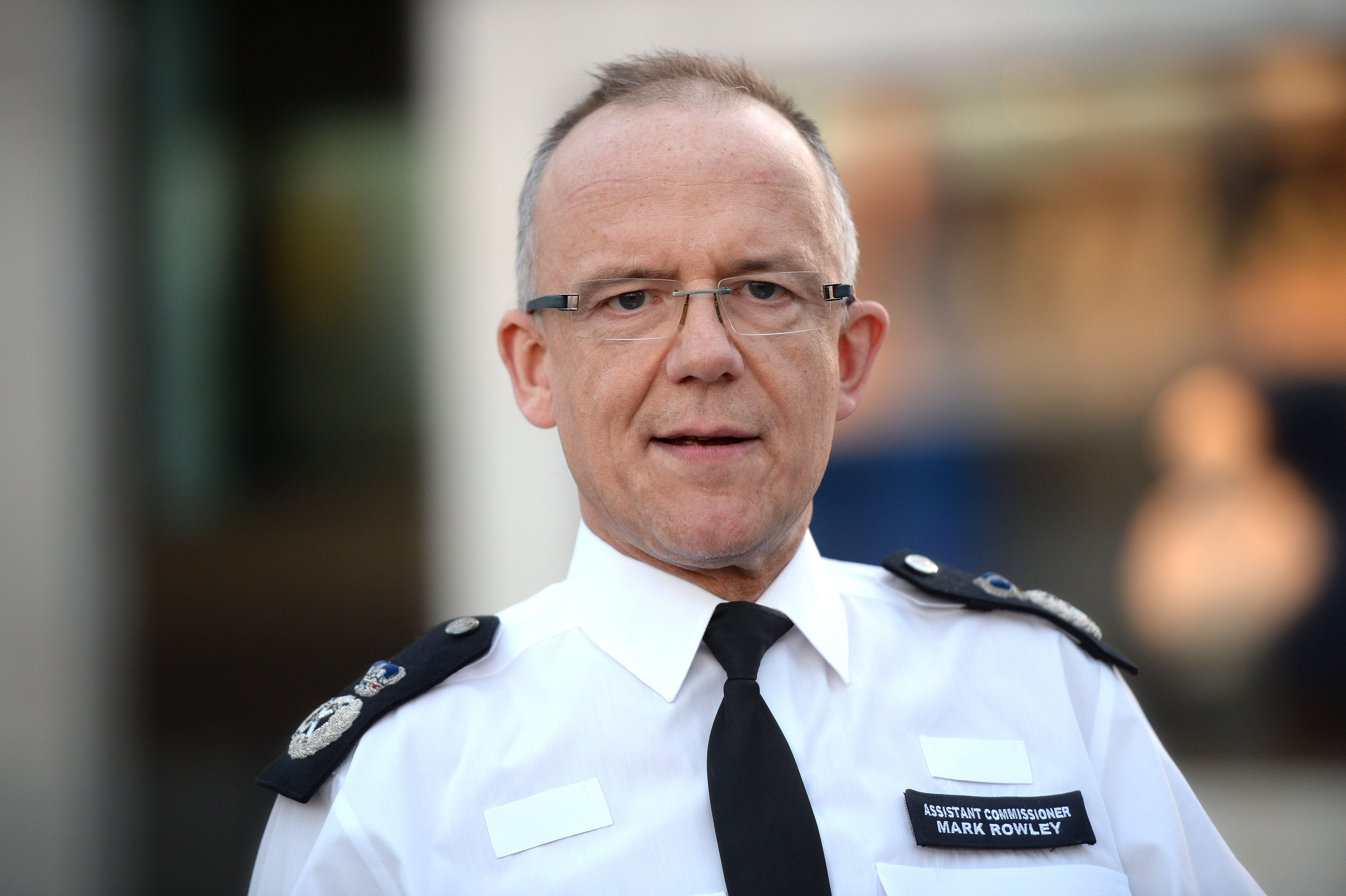
Sir Mark Rowley became the head of UK counterterror policing shortly before Isis declared its “caliphate” in 2014. He takes up his post as Metropolitan Police commissioner four days after the Queen’s death.
Britain’s most senior police officer re-enters the force he retired from four-and-a-half years ago at a critical moment, and his management of upcoming events will be a trial by fire on which his tenure will be judged.
The policing operation for the funeral of Queen Elizabeth II will be among the biggest in the UK’s history, seeing officers pulled into London from across the country.

With thousands-strong crowds lining the streets and world leaders flying in from around the globe, the security risks are stark.
Scotland Yard has said its plans are “well-rehearsed” and that a “great number of police officers” would be working to keep the public safe.
But the commemorations following the Queen’s death are far from the only challenge Sir Mark faces as he takes up his post.
On 5 September, a Metropolitan Police officer shot an unarmed Black man dead in Streatham following a car chase.
The killing of Mark Duggan in similar circumstances in 2011 sparked riots that spread from London to other major cities.
Protests have been taking place after 24-year-old Chris Kaba’s death, which is being investigated by the Independent Office for Police Conduct as homicide.
The watchdog said armed police tried to stop the car he was travelling in after an automatic number plate recognition camera flagged a link to a previous firearms incident. But it confirmed no gun was found in the vehicle or surrounding area, and that the car was not registered to Mr Kaba.
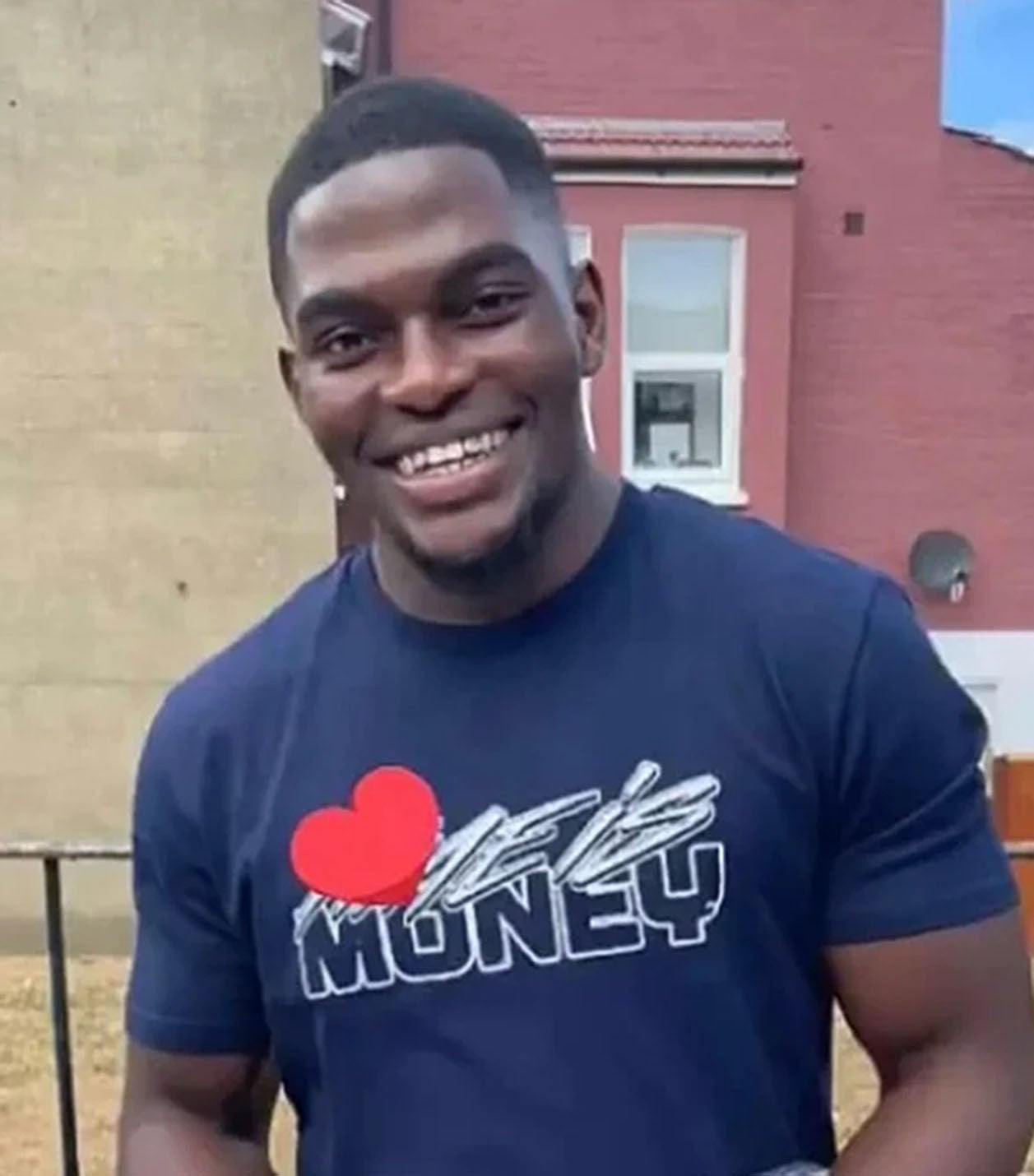
His family said they needed “answers and accountability”, adding: “We are worried that if Chris had not been Black, he would have been arrested and not had his life cut short.”
The mayor of London, Sadiq Khan, said the shooting had caused “anger, pain and fear – as well as the desire for justice and change”.
Scotland Yard committed to becoming “an actively anti-racist organisation that can be trusted by everyone in London” in May, laying out plans drawn up following the 2020 Black Lives Matter protests.
But public confidence from the Black community remains low, amid issues over the disproportionate use of force, Tasers and stop and search powers, and scandals over child strip searches and police racism.
A wider lack of trust was one of the factors that saw the Metropolitan Police put in special measures by HM Inspectorate of Constabulary (HMIC) in June, with a letter raising concerns about the handling of the murder of Sarah Everard by serving officer Wayne Couzens, an inquiry’s findings of “institutional corruption”, and failures in the response to serial killer Stephen Port’s targeting of gay men.
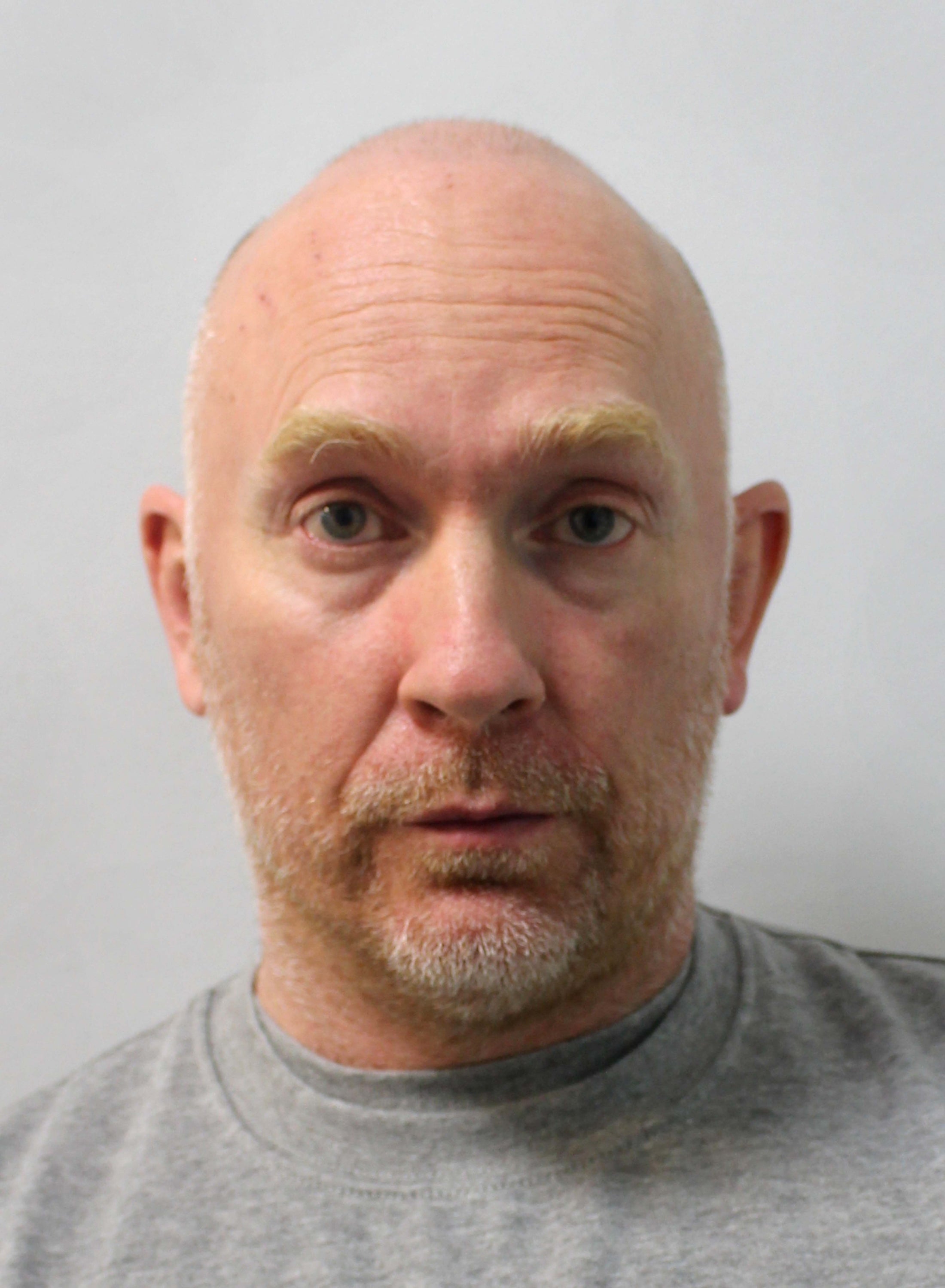
An investigation commissioned by Dame Cressida Dick into the force’s “standards and culture” is ongoing, as is a wide-ranging public inquiry triggered by Ms Everard’s murder looking at vetting and how Couzens remained in his job.
HMIC’s full report into the force’s “efficiency, effectiveness and legitimacy” was due to be published on Thursday but was postponed after the Queen’s death. It is likely to contain more negative findings about the Metropolitan Police’s handling of crime, protection of the public and management of its staff.
Official figures indicate that the Met is struggling to hit targets set by the government as part of Boris Johnson’s pledge to recruit 20,000 extra police officers across England and Wales by next March.
In a letter days before her resignation as home secretary, Priti Patel told Sir Mark he must show “strategic leadership to ensure that your force has recruited the full 4,557 additional officers it has been allocated”.
She said that the Metropolitan Police was “failing to get the basics right” when dealing with crimes such as burglary, robbery and theft, which cause “immense distress to the public”.
While most types of crime plummeted during Covid lockdowns and restrictions in London, recorded violence with injury offences are now above the level in August 2019, as are crimes including rape and drug trafficking.
Metropolitan Police data shows that sanction detections – the number of crimes solved in the capital – fell by 3 per cent in the year to August, but the number of recorded offences rose by 10 per cent.
In the most recent month, 26 crimes were solved per 1,000 people, but 319 were committed. The gulf is growing for violence, theft, weapon possession and drug offences, although it is narrowing for sexual offences, robbery and burglary.
Ms Patel said the new commissioner had told her of a plan for his first 100 days in post to “renew policing by consent – more trust, less crime, high standards”.
“It is absolutely vital that trust and confidence is restored and that visible, responsive policing, which cuts crime, is at the forefront,” she wrote. “Several recent high-profile incidents have affected public trust and confidence across communities, particularly in London, raising serious questions about the culture and standards in the Metropolitan Police Service.
“These include Sarah Everard’s murder, strip searches of children, the vetting of police officers, basic respect and standards, as exposed in the misconduct at Charing Cross police station in Operation Hotton, and the findings of the inquest into the handling of the deaths of [Grindr serial killer victims] Anthony Walgate, Gabriel Kovari, Daniel Whitworth and Jack Taylor.”
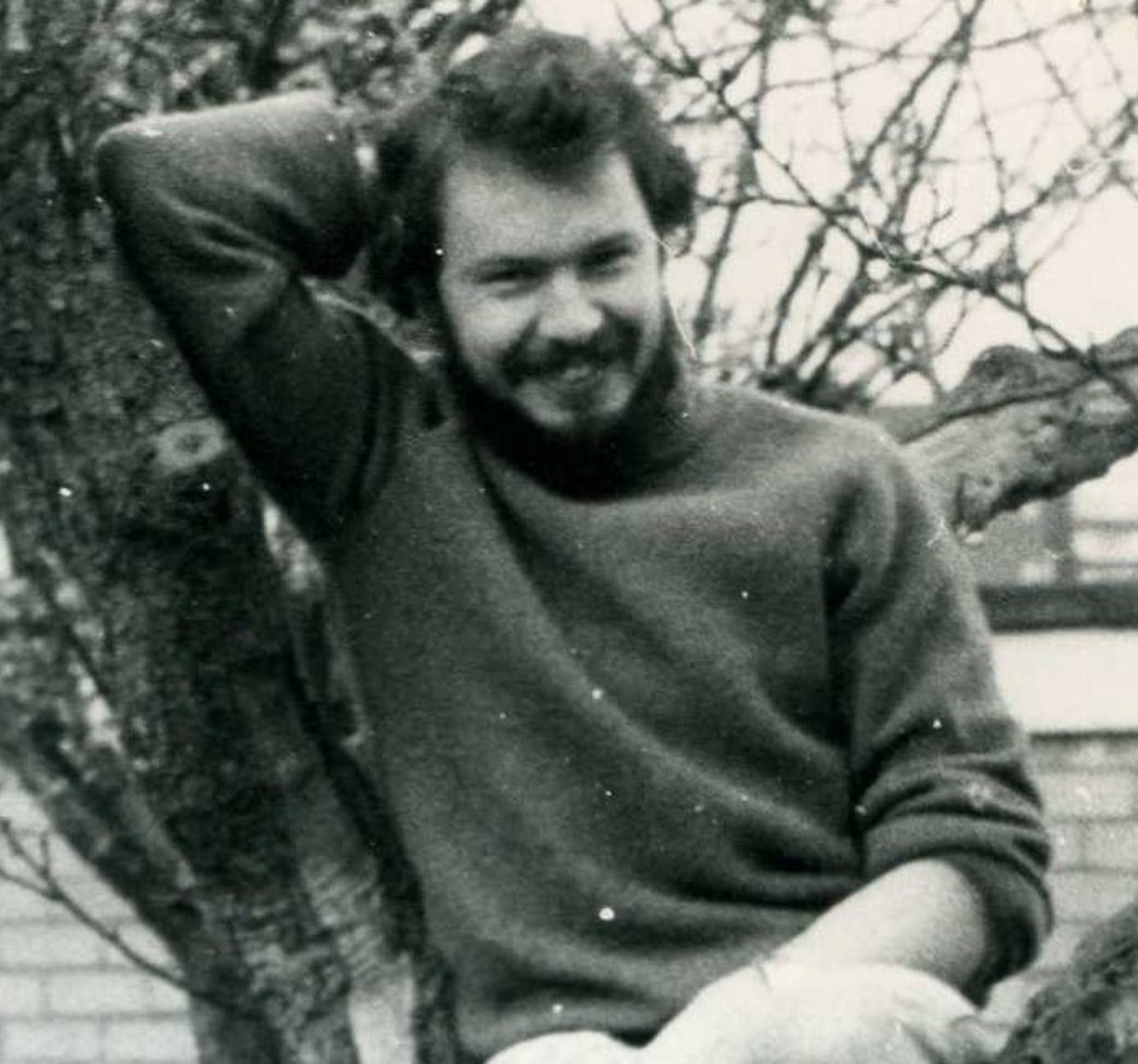
Ms Patel told Sir Mark he needs to ensure Scotland Yard “clearly demonstrates that it will learn from the appalling mistakes of the past and move the culture away from the organisational defensiveness that has hindered progress and damaged public trust”. That defensiveness has been on full display over the past two years, with the force denying findings of “institutional corruption” by a panel who investigated the unsolved 1987 murder of private detective Daniel Morgan.
A report published in June 2021 said that severe failings in the initial investigation, where the crime scene was not searched, interviews were not properly carried out and suspects were forewarned of their arrests, meant potential evidence had been “irretrievably lost”.
Baroness Nuala O’Loan, chair of the Daniel Morgan Independent Panel, said Scotland Yard had not acknowledged or confronted its failings and showed a “lack of candour”.
“We believe the Metropolitan Police’s first objective was to protect itself,” she added. “We believe that concealing or denying failings for the sake of an organisation’s public image is dishonesty on the part of the organisation for reputational benefit, and constitutes a form of institutional corruption.”

The findings sparked calls for Dame Cressida Dick’s resignation, following personal criticism over how she handled the inquiry’s requests for information, but her deputy rejected accusations of wrongdoing or the label of “institutional corruption”.
Daniel Morgan’s brother, Alastair, told The Independent how he had fought for justice for decades while being “lied to and shut out” by the Met. “They will not listen and it’s so difficult to get them to listen,” he added.
“They’ve finished up in a situation where their reputation has probably never been lower, which is so unfair to all the men and women out there who are doing their very best to protect us and stop wrongdoing. It’s not just my life and my family’s lives that have been damaged, it’s them too – there’s no winner here.”
The Daniel Morgan report’s findings came into fresh focus over the following year, which saw a number of Metropolitan Police officers prosecuted for offences including rape, stalking and sharing photos of two women’s bodies. A series of cases have uncovered shocking WhatsApp messages between officers, ranging from racial slurs to threats and jokes about rape, domestic abuse and violence against women.

Police leaders claim that many cases are brought to light by whistleblowers inside police forces, but critics point out that wrongdoing by officers linked to Couzens would not have been uncovered if investigators had not seized his phone after he murdered Ms Everard.
The Met’s “organisational defensiveness” has also been on unflattering display through its handling of the public response to Sarah Everard’s murder. Officers threatened women who tried to organise a vigil with arrests and £10,000 fines, then arrested women who attended the resulting informal event on Clapham Common, pinning some to the ground.
In March, the High Court found that the force had wrongly claimed Covid restrictions made a vigil illegal and that its decisions were “not in accordance with the law”, but it did not amit fault and unsuccessfully tried to appeal the ruling.
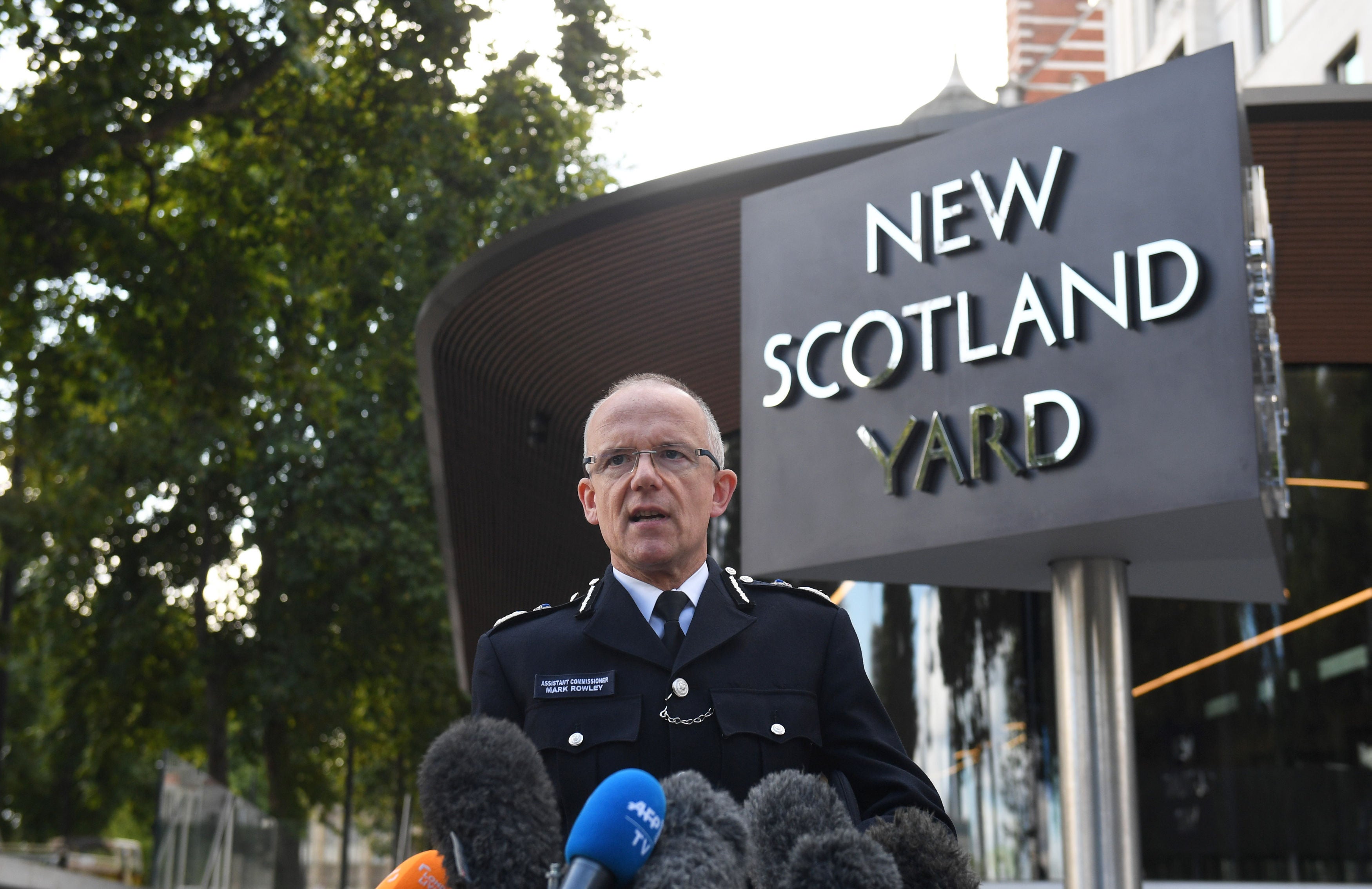
Despite the clear findings that it had misinterpreted Covid laws, the force then prosecuted six protesters for not paying fines over the event and persisted with the case until the Crown Prosecution Service dropped the charges. Some of the fined women are now suing the Metropolitan Police, and their lawyer called its conduct “absurd and damaging”.
Anna Birley, the co-founder of the Reclaim These Streets group that tried to hold the original vigil for Ms Everard, said the force “still hasn’t apologised or acknowledged wrongdoing”.
“Once they’re convinced they’re right they won’t let go of an issue even if it’s damaging to wider policing and the trust people have in them,” she told The Independent. “They’re incapable of changing course.”
Ms Birley believes police pursued charges against vigil attendees to “find another route to justify their actions”. She added: “There have been very good individual officers, particularly locally, who have made lots of efforts to listen and engage but the senior leadership have shown very little willingness to do so.
“They haven’t reached out to ask for our input into rebuilding trust, they haven’t apologised or acknowledged wrongdoing from a court case they really comprehensively lost, and the fact they prosecuted those who were at the vigil and other operational errors suggest to me that they haven’t listened or learned from the experience.”
Ms Birley said that the wave of scandals suggested “longstanding issues around misogyny and nasty behaviours ... that have at best been tolerated and at worst been promoted”.
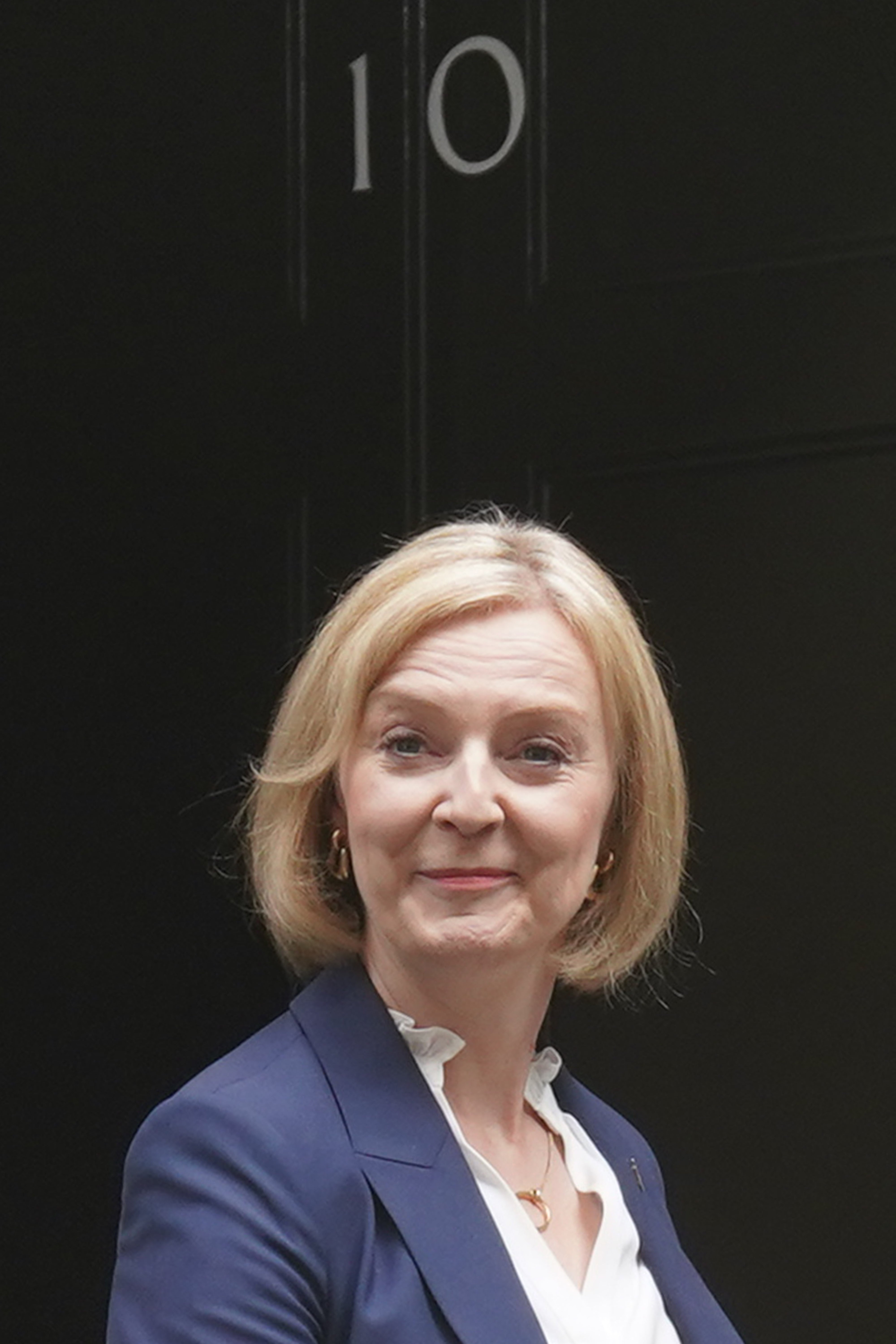
The campaigner, and Labour councillor, said that following her experience with the vigil she had found examples of anonymous police officers on Twitter “harassing and gaslighting women and other whistleblowers who talk about some of these problems from their own experience”. In her view, the situation has worsened to the extent that the Metropolitan Police must question whether it “should continue to exist in its current form or not”.
Ms Birley said that with its responsibility for counterterrorism and national duties, the force was “trying to do everything when it can’t do individual parts of it properly”. The Metropolitan Police needs to get its house in order, she said, and Sir Mark must be the one to do it.
He will be coming into his role overseen by a new home secretary and new prime minister, who are both likely to pronounce their own crime policies following the period of national mourning over the Queen’s death.
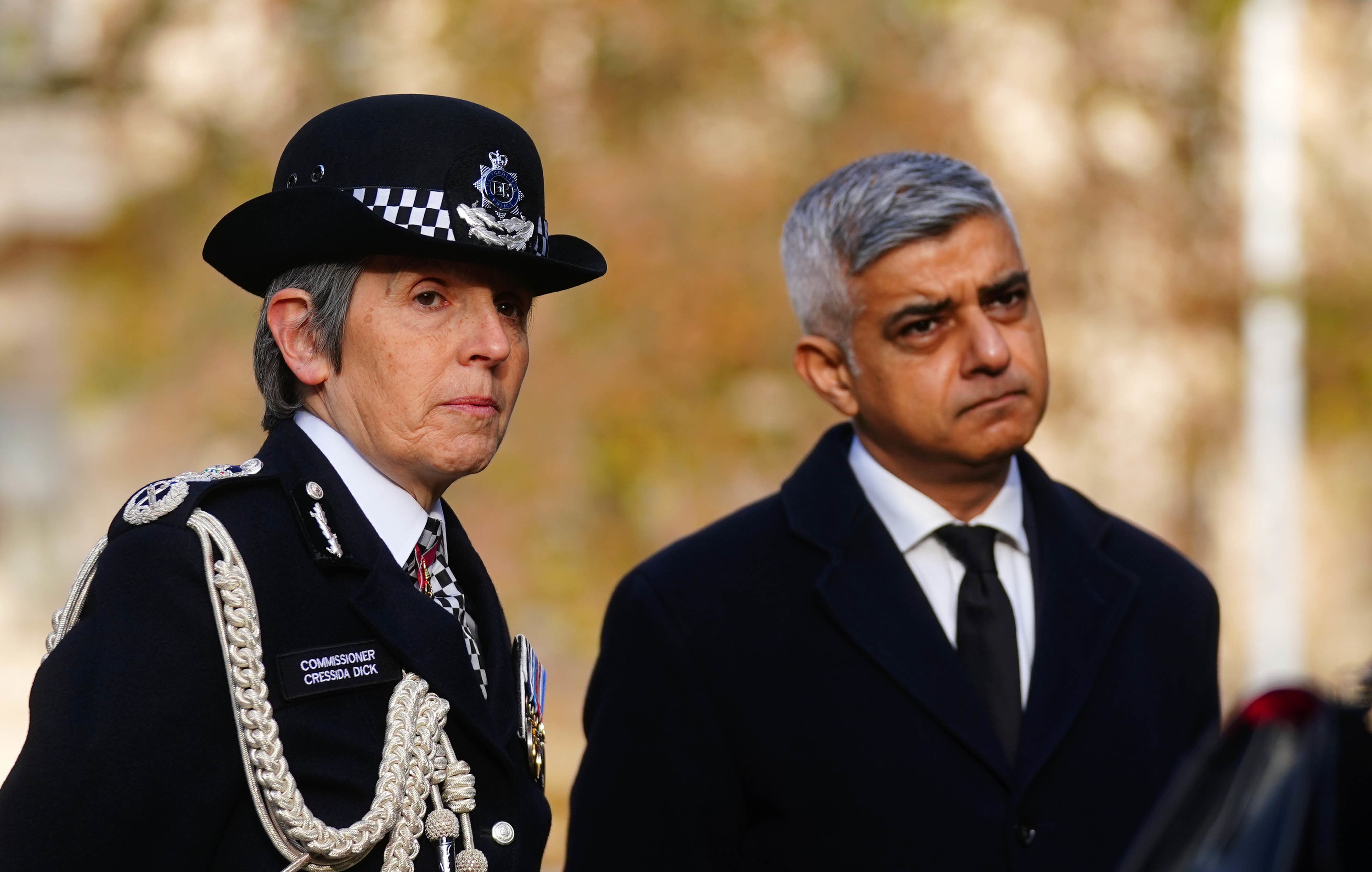
During the Conservative leadership campaign, Liz Truss announced that she would create targets for police to cut crimes, including homicide by 20 per cent, before the next general election. Police sources dismissed the plan as “incoherent” and unworkable, warning that previous targets had become a “perverse incentive to misrecord crime” and lose focus on vital areas such as child protection.
If the new prime minister pushes ahead with the idea, implementing it will be as difficult and dangerous for Sir Mark as any other chief constable in the country. Ms Truss also said she wanted the leaders of underperforming forces to attend a “special meeting” of the National Policing Board and explain their plans to ministers, indicating a top-down approach that many would see as political interference in operational policing.
As Metropolitan Police commissioner, Sir Mark faces unprecedented pressures from all sides – the public, the government and his own officers, who have been resigning in their droves amid dissatisfaction over pay, working conditions and what they see as unfair and disproportionate criticism.
His task is a momentous one, and time will tell whether he can successfully balance the extreme and often competing demands of Britain’s most senior police officer.






Join our commenting forum
Join thought-provoking conversations, follow other Independent readers and see their replies
Comments